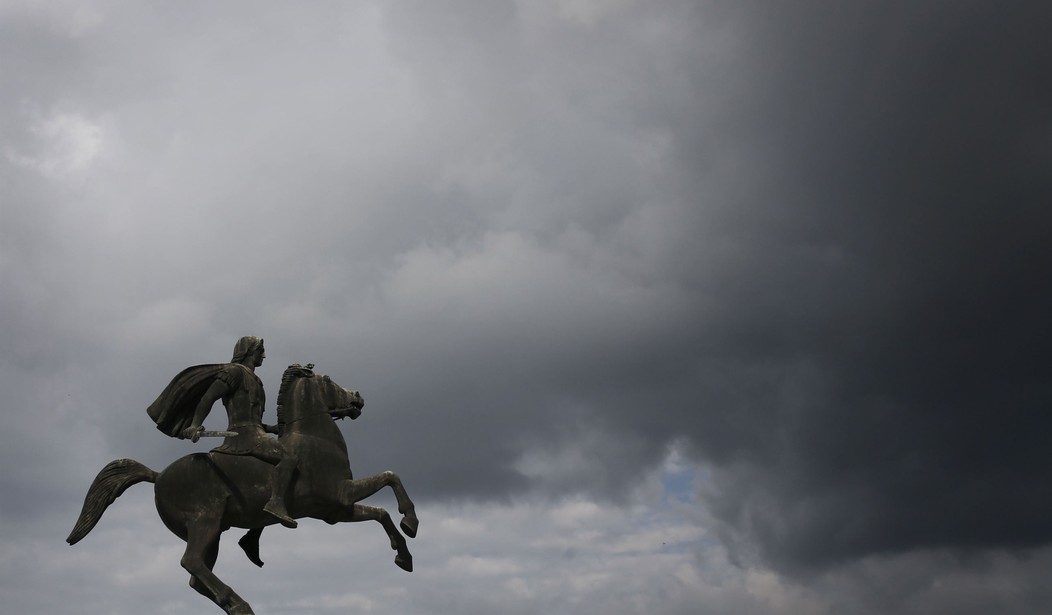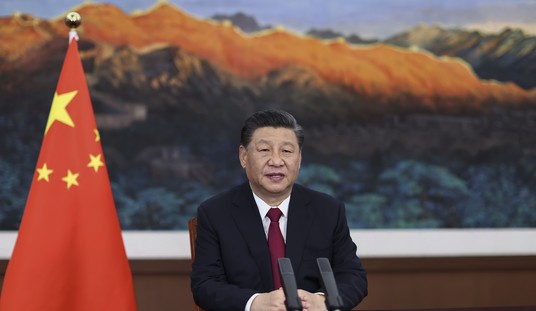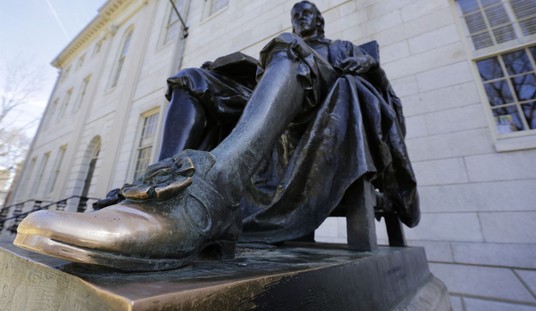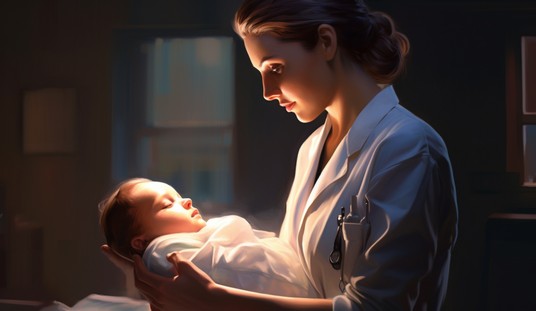Warriors and honest men are hard to find these days. The Greek Cynic Diogenes is best known for going about in daylight with a lantern, seeking an honest man. History is unclear on how successful he was, although these days he would certainly be having a hard time, at least around politicians.
Jim Real Bird is seeking young men with the potential to be warriors, and he’s having as much trouble in his search as old Diogenes did.
Every day—everywhere he goes on the Crow reservation in Montana and beyond—Real Bird, a 67-year-old rodeo horse trainer, looks for warriors.
He and his three brothers, all members of the Crow tribe, host an annual reenactment of a clash between Indians and federal forces that happened on their land almost 150 years ago: the Battle of the Little Bighorn, better known as Custer’s Last Stand. On June 25, 1876, Lt. Col. George Armstrong Custer made the fatal mistake of attacking an Indian encampment a day early while other troops were still on their way. He was killed, of course, along with all 210 soldiers under his command.
The reenactment, which the Real Bird family has staged every June for the past 31 years, calls for warriors. Lots of them. Boys—and girls, if they can keep up—who can ride at breakneck speeds, pivoting their stallions on a dime, often barefoot and without a saddle.
Problem is, the warriors have dried up.
Jim Real Bird is not sanguine about his prospects. He blames the conveniences of our modern, technological society for the lack.
“Times are changing,” he says, his eyes off into the distance. “I don’t know why we’re losing the people but I guess it’s mostly technology. Convenience. Why would you want to use real horses when you can drive an electric car?”
I ask him: Do you think young men still want to be warriors?
“Yeah, yeah. But it’s like the language,” he says, noting the decline in Apsáalooke, the native Crow language. “They’re not gonna put effort into it.”
The problem here is far worse, and farther reaching than just a Little Big Horn re-enactment; It is a symptom of a much larger illness, the product of a culture that no longer encourages traditional masculinity. Jim Real Bird’s inability to find young men (or young women – they are the exception to the rule, perhaps, but one could point out Jeanne d’Arc or Queen Boudicca as examples) who could be warriors is concerning, not only for the Crow Nation but for the United States.
The day will come again when we will need not only soldiers but warriors. In his farewell address at West Point, General Douglas MacArthur reminded us that “only the dead have seen the end of war,” but the quote I find more compelling comes to us across the centuries from Heraclitus of Ephesus, who said:
“Out of every one hundred men, ten shouldn’t even be there, eighty are just targets, nine are the real fighters, and we are lucky to have them, for they make the battle.
Ah, but the one, one is a warrior, and he will bring the others back.”
Our military services have traditionally been the proving ground for soldiers and warriors alike. But that’s changing. Our services now emphasize wokeness over war-fighting, and as my RedState colleague Streiff points out, they are going to great lengths to accommodate the non-deployable, people who really should not be soldiers and who manifestly will never be warriors. The service academies likewise are no longer functional meritocracies; racist acceptance policies have assured that. Outside the military, young men are constantly told their masculinity is toxic, that they are oppressive, and as a result, masculinity in America is on the decline.
What is a warrior? The warrior is a leader. He inspires the others, and is an example for the regular soldiers: An example of courage, fortitude, physical toughness, tactical and strategic acumen. He is an Alexander of Macedon, a Horatius Cocles, an Audie Murphy, an Alvin York, and a John Basilone. Men like that don’t spring from the tall grass; they are fostered by a culture that encourages young men to develop the traits required: Courage, discipline, fortitude, and, yes, honor.
Western civilization in general no longer encourages those traits in young men, and that’s not hopeful for the future of the free world. This is a recipe for hard times, but there may be a light at the end of that tunnel, in the sense that hard times make tough people. And from tough people, when they are needed, rise warriors.
Only the dead have seen the end of war. The day will come again when we will need warriors, and hopefully, they will arise when they are needed. In the meantime, for now, Jim Real Bird’s search is not a hopeful one, for the Crow Nation or for the country.














